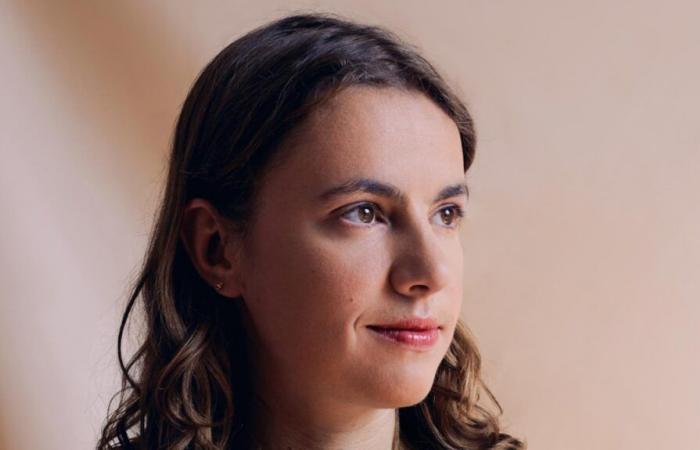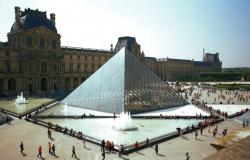From 2021 to 2023, Marion Waller managed the capital's mortuary services. A transformative experience from which this trained urban planner and philosopher wrote a book, Give back a place to our dead. With humanity and empathy, the woman who today directs the Pavillon de l'Arsenal in Paris questions our relationship with death.
How do you view the death professionals with whom you have worked?
“A lot of admiration. We don't talk about it enough. We owe them a lot and yet, these are professions that are not valued. These are psychologically and physically difficult professions. However, all these people who take care of us and our family, during a bereavement, are social pillars. »
What has the Covid pandemic changed in our relationship with death?
“With Covid, people remembered that there were deaths. As if, before the pandemic, we did not remember that there were deaths to manage in cities. Faced with certain images – I am thinking in particular of the containers that had been installed in Rungis – people were offended. But in reality, it is a practical problem that arises on a daily basis. He then posed himself in an extreme manner.
“We were also reminded that many of us would die alone. But we should remember it every day, ask ourselves if it's really normal for people to die alone. Is the absence of rite normal? Why do we never see death, why do we rarely talk about it? Let's talk about it. »
We will die today in hospital, in nursing homes. How can we ensure that death is not just a health issue?
“We leave a huge place for doctors, who are neither priests, rabbis or imams. The question therefore arises of the rites, of the death we wish for. I accompanied a loved one in palliative care, places where we find extraordinary professionals. However, we must think about these last moments beyond the health aspect, which is not enough. »
We sometimes ask mayors, or funeral directors, to take the place left vacant by religion…
“We have not been able to replace religion. Many of us who are no longer religious, or even no longer believers, return to religion when we are buried. They say to themselves “I want something that is up to par” and do not see, in secular rites, something that can be. We have not succeeded in finding a form of secular sacredness which, however, could exist. »
Comment ?
“First, the locations. There is a lot of work to be done to have beautiful funeral sites. Crematoriums, funeral homes, you have to be more demanding on architecture and decoration. There are also other places where we could organize funeral ceremonies, museums, theaters, gardens. How do we invest in places in the city to hold beautiful ceremonies?
“Then, the rites. Today, some are, for example, attracted by more ecological rites. Funeral cooperatives are emerging, also trying to offer more personalized, and not too expensive, funerals. There is strong demand for less standardized solutions. »
Is death also the place where the Republic and religions cooperate in a certain harmony?
“I discovered with the funeral home that the representatives of the cults talked to each other, helped each other. It is something that works in all the communes of France, through daily dialogue and which allows us to reconcile the laws of the Republic and religious rites. »
You say you were overwhelmed by the work of the Collective for Deads of the Street.
“It is a collective which pays homage to the homeless dead, which accompanies them during funeral convoys. The collective also organizes ceremonies and each year reads the names of the victims. What he does is very important: our collective dignity depends a lot on associations like this. »
What does the way in which they deal with death say about the living?
“Death is a mirror. How we treat the dead tells us how we treat the living. It reveals our shortcomings, particularly on this subject of the secular sacred, and more broadly on what we share as a society, beyond football matches. Loneliness in the face of death, the elderly, vulnerable people: we cannot put them aside, not wanting to see them. It doesn't work. »
What measures could improve our relationship with death?
“We could imagine a national initiative, a major architectural competition for example, on places of death, places of secular ceremonies. A collective reflection which would bring together architects and artists to propose solutions to mayors, to show them all the possibilities.
“I think we also need to rethink bereavement support. When an elderly person finds themselves alone, without their partner, the support is only administrative. When there is bereavement, psychological support must be stronger. Just like when a child is born, we support the parents. There needs to be a real public mourning service. »
“Giving a place back to our dead”, by Marion Waller. Allary Editions, €17.90.






